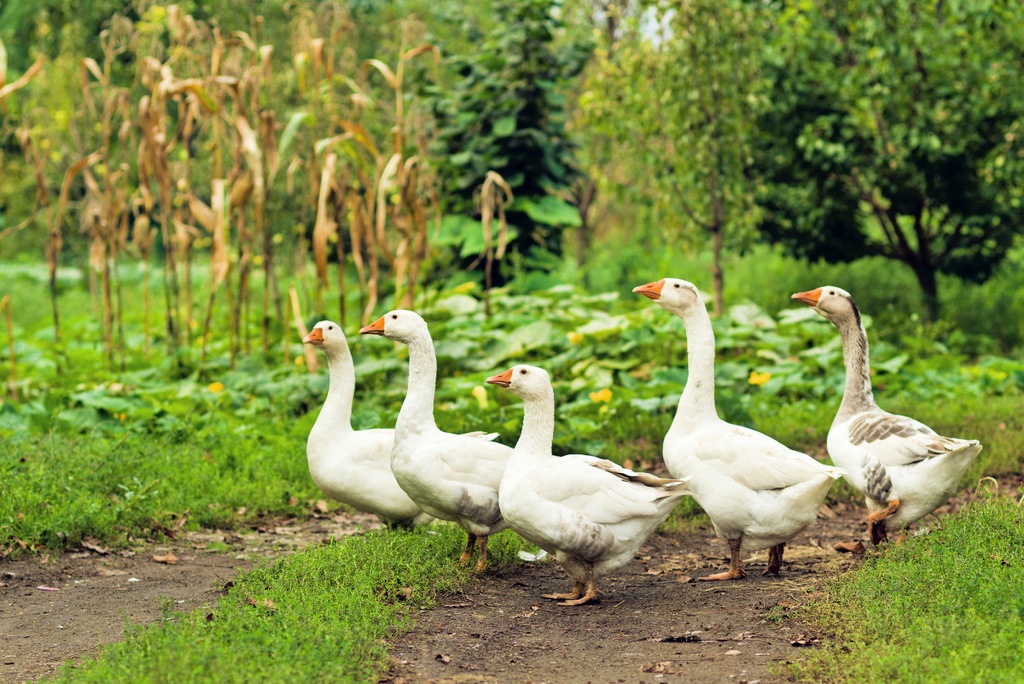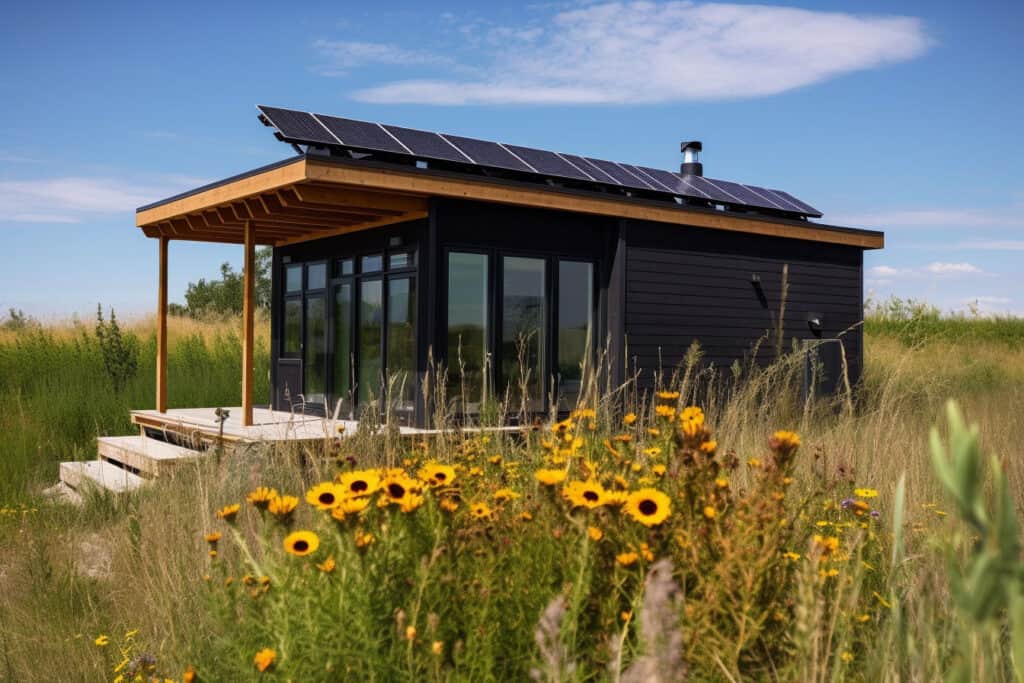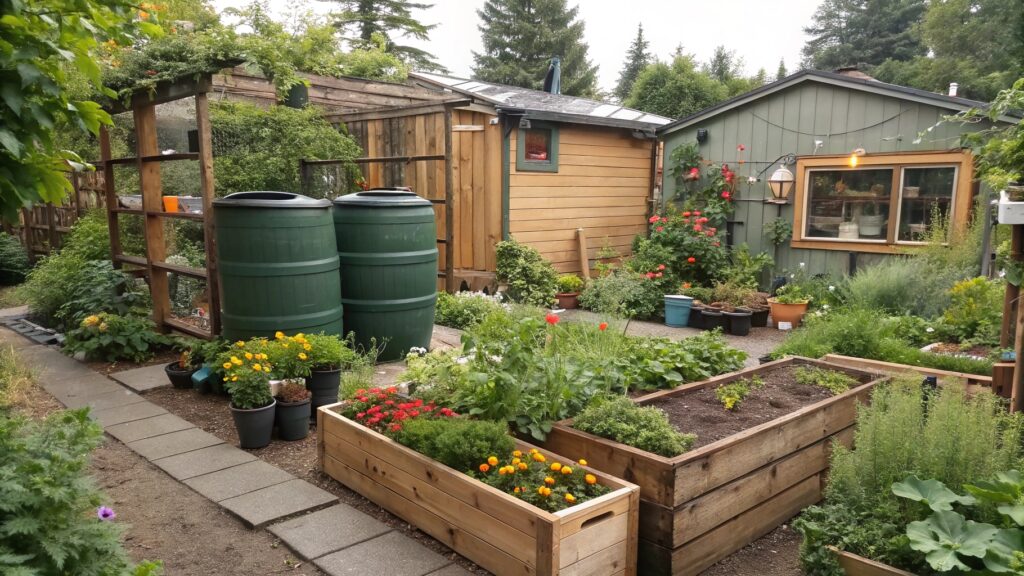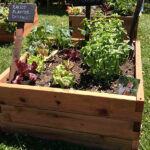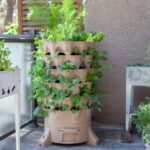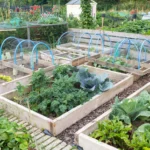As the world becomes increasingly aware of the importance of sustainability, many people are seeking ways to reduce their environmental impact. One such method is through eco-friendly homesteading. This guide will delve into the concept of green homesteading and how it promotes sustainable living practices.
Understanding the Concept of Eco-Friendly Homesteading
Green homesteading is a lifestyle choice that aims to minimize one’s environmental footprint. It involves adopting practices that are sustainable and respectful of nature. These practices can range from growing your own food, using renewable energy sources, to building eco-friendly homes. For more insights on homesteading, you can visit this informative blog post.
Adopting Sustainable Practices in Homesteading
Adopting sustainable practices in homesteading involves a variety of activities. It includes growing organic food, raising livestock responsibly, conserving water, and using renewable energy. These practices not only reduce environmental impact but also promote self-sufficiency and healthier living.
Getting Started with Eco-Friendly Homesteading
Starting with eco-friendly homesteading can seem daunting, but with the right information and resources, it can be a rewarding journey. Begin with small steps such as starting a vegetable garden, composting, or installing solar panels. Over time, these small steps can lead to a fully sustainable homestead.
If you’re interested in starting your journey towards eco-friendly homesteading, consider this guide on raised-bed gardening for beginners. It’s a great resource to help you get started with growing your own food.

